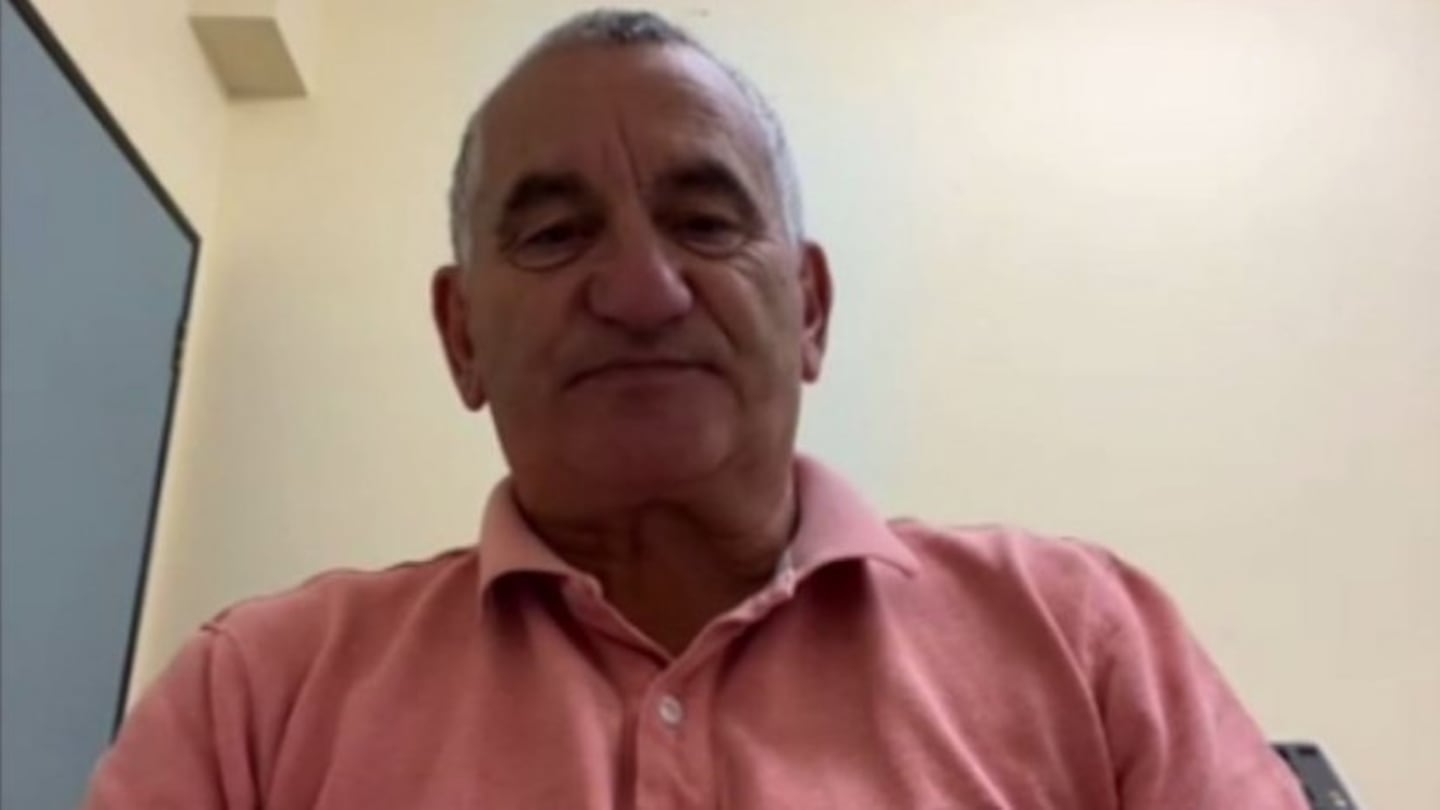Photo / File
By Moana Ellis, Local Democracy Reporter
A Whanganui iwi leader says a plan to extract and sell 750,000 litres a week of groundwater from a bore near the Whanganui River is stealing and confiscation.
Consent was granted to Aquifer 182 Holding Company Ltd to take 37 million litres a year from an existing capped artesian bore on land the company owns at 182 Anzac Parade. Anzac Parade runs along the river’s east bank.
The company plans to bottle or make ice from the groundwater and sell it, including to India and North America.
Tūpoho iwi chair Ken Mair says the water should not be sold and iwi and hapū would take action to stop it.
“I promise you that anybody that wishes to start up a water bottling plant, we will do our darnedest to stop it and whatever consequences that impact upon us, we’ll go with that. It might be uncomfortable at times, but for some of us, we just see it as pure confiscation.
“Let’s be clear that water and the health and wellbeing of water has been a major issue for us for many decades, and for decades prior to me. I think sometimes people have forgotten that approximately 30 years ago, we here put in a groundwater claim regarding our deep concerns around ownership and commercialisation,” Mair said.
“In the late 90s we put in a Waitangi Tribunal claim for groundwater, and that hasn’t been dealt with. There should be a stay on any aquifer consents until that matter is dealt with, with our iwi and hapū.”
Ken Mair lodged Wai 671 with the Waitangi Tribunal in 1997 on behalf of Tūpoho. It relates to groundwater rights in the Whanganui area and asserts that groundwater is a taonga protected by Article 2 of the Treaty of Waitangi, guaranteeing Tūpoho ownership of and rangatiratanga over the resource.
The claim asserts that ownership of the groundwater is an exclusive right to use the resource or to consent to others using it.
“I don’t accept that the water should be sold. We’ve got a Waitangi Tribunal claim in, it’s never been dealt with. The issues around commercialisation of water have not been worked through, and that debate needs to occur. It’s like a juggernaut just running over the top of us, being ignored.
“We know the debate’s around the ownership of water. This is another confiscation similar to what’s occurred to us regarding our land – in this case, the Crown and the regional council are confiscating the water.”
There are three artesian bores at the Whanganui East site, connected to an existing processing plant via underground pipelines. The property is a former milk bottling plant previously used by Fonterra and Kiwi Dairy Co-op.
The bore selected for the water bottling and ice-making proposal is 237.5m deep and located behind the plant, about 80m from the river.
Aquifer 182 intends to target both domestic and international markets for its products – mainly restaurants, hotel kitchens, and retail and food service customers – using glass bottles and reusable rubber bulk water containers. Ice would be packed into consumer packs.
Mair said he did not participate in the consent process, but members of the iwi and hapū did.
“People have challenged and criticised me – ‘why aren’t you coming out and stating with clarity that you’re against this?’ It’s a matter of timing.
“It is appropriate that our people challenge those that are going for consent through that process – with all the frustrations that go with that. When you go to these hearings it’s outsiders that are hearing these consents, and in reality, it’s outsiders who are getting the benefits.
“But I’m telling you, you are stealing and confiscating a taonga – water – without even having the courtesy of dealing with our claim.”
Aquifer 182 was co-founded by Geoff Murdoch. He has refused to name the company’s offshore partner. He told the hearing the company is New Zealand based, with two local directors, Marshall Tangaroa and Declan Rogers, who hold 50% of the company’s shares.
Murdoch declined to name the remaining 50% shareholding, citing the commercial sensitivity of the information but said it is held by offshore interests.
The application was made in 2018 to Horizons Regional Council under the Resource Management Act. It received 37 submissions from the public – 33 opposed and four in support. A hearing was held in Whanganui on 4 August. Concerns raised included how the mauri, or life force, of the water, would be affected, and how the water would be used and packaged.
Independent hearing commissioners Christine Foster and Vicki Morrison-Shaw said in their written decision last week that the proposed groundwater abstraction would not directly physically affect Te Awa Tupua (the Whanganui River) and evidence showed there was a low likelihood of direct connection between the deep aquifer bore and the river flow of Te Awa Tupua.
“The applicant’s engagement with tangata whenua has been genuine, respectful and has occurred over several years, resulting in a number of fundamental changes (improvements) to the proposal and to the mitigation proposed.
“The applicant has demonstrated over a four-year period a genuine desire to work collaboratively with iwi and hapū for the benefit of all.”
Any adverse effects on the groundwater aquifer would be minor and would be monitored, including cultural health monitoring of the mauri of the groundwater.
The commissioners said the sale of bottled water and ice resulting from processing the abstracted groundwater and the ownership of the applicant company were not matters that determined their decision.
The commissioners said the water bottling plant would bring economic and social benefits, including employment.
Consent was granted to 2035.
Horizons Regional Council said it would be inappropriate to comment at this time as a 15-day appeal period is underway.
Local Democracy Reporting is public Interest Journalism funded through NZ On Air


